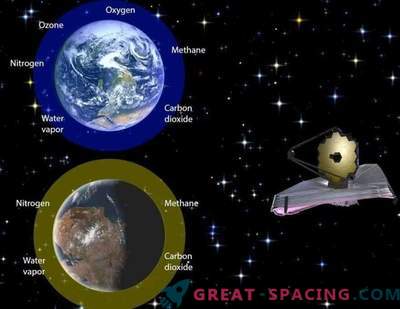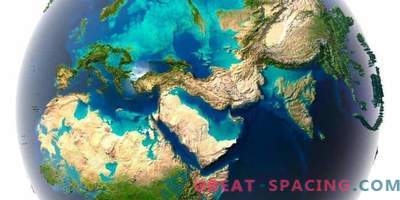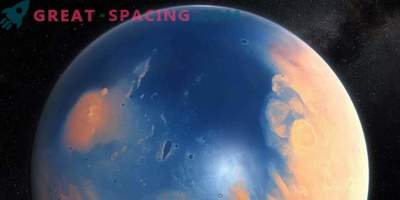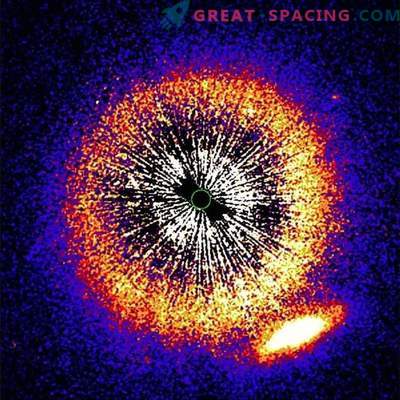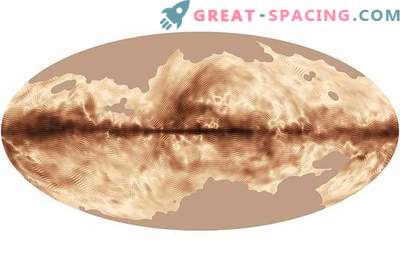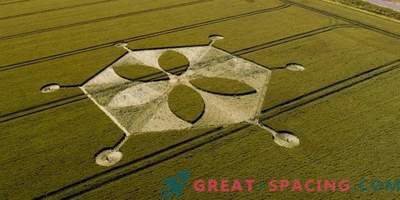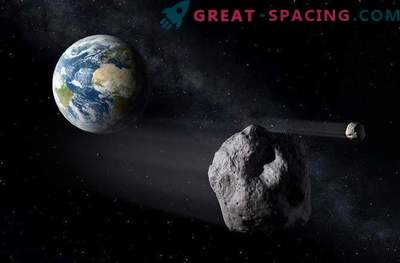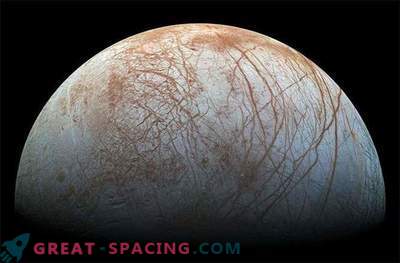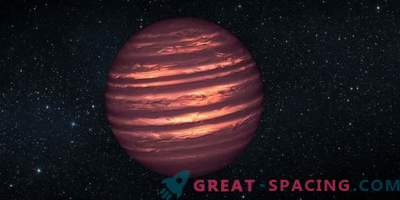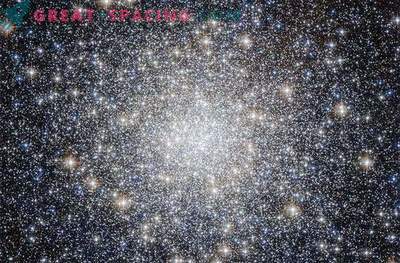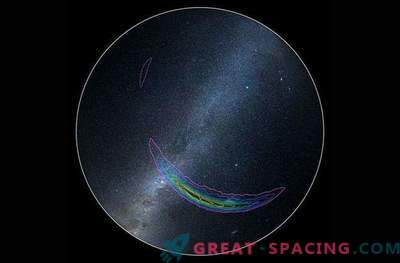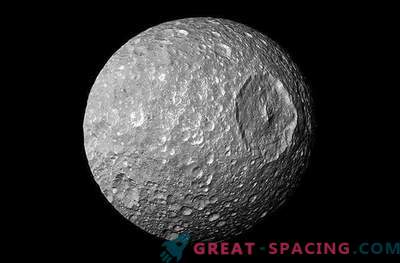
When people believed in the possibility of the existence of aliens, scientists began to actively explore the universe. But we still have not received a response. Why? Researchers believe that all aliens have long been extinct.
Yes, it sounds sad, but there is some sense in it. In the new study, Aditya Chopra and his colleagues worked out a scenario where they showed that organic life is incredibly difficult to survive and develop.
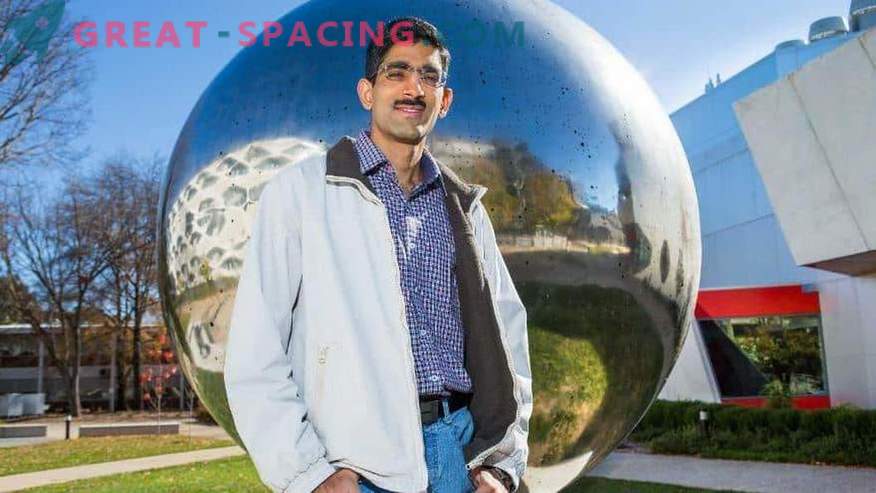
Dr. Aditya Chopra
Inhabited planets can be common and primitive life can arise and linger in one of the worlds. However, the exoplanet habitability window is most likely incredibly short. That is, the duration of favorable conditions is not enough for life to develop and survive in the long term.
Aditya Chopra says:
“Early life is fragile, so she had very little chance of survival. Most of the early planetary environments are not stable. To create a habitable world, life forms must regulate greenhouse gases, like water and carbon dioxide. This will help keep the surface temperature stable ”.
You can put this study in the context of the Fermi paradox: there is a high probability of the existence of extraterrestrial intelligence, but we still do not have direct observations. Chopra puts forward an idea that allows you to reconcile the paradox. In fact, he says that there are many inhabited worlds on which life can arise. But it disappears too quickly. One solution to the Fermi paradox is the Great Filter hypothesis. She argues that there is an obstacle that permeates the entire Universe and prevents the development of life. There is a list of the stages of the development of life, and one of them always becomes an impassable event.
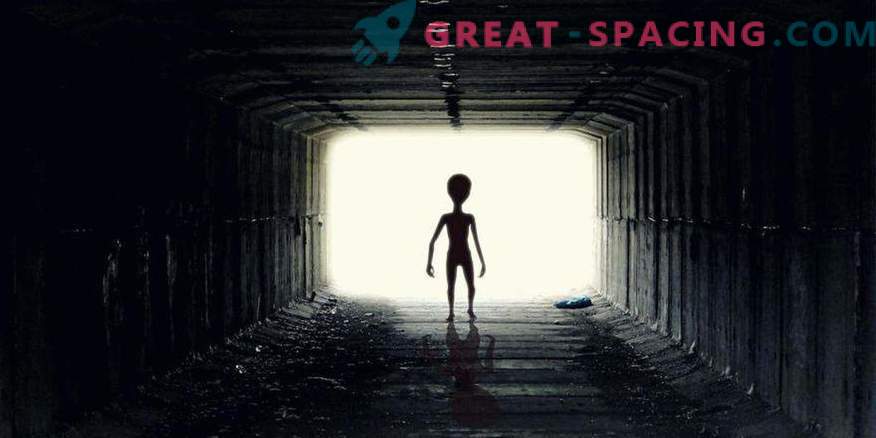
But what stage can be considered a limiting factor? Is it the birth of single-cell life or the formation of complex organisms? In a new study point to a new cause - greenhouse gases that are able to maintain the temperature of the planet at a moderate and stable level, allowing life to grow.
If the planet cannot maintain optimal levels of greenhouse gases, then any potential life must play a major role in supporting geoclimatic stability (as on Earth) or must develop and adapt to more severe conditions. If he fails to follow one of the two paths, he will simply die.
Mars is a prime example. We know that the Red Planet once had a dense atmosphere, and large-scale lakes and oceans were present on the surface. And then it all quickly disappeared, and the planet turned into a cold desert.
If Mars had life, then it did not develop fast enough to have time to adapt to changing conditions, or its influence was not enough to stabilize the climate and atmospheric composition.





